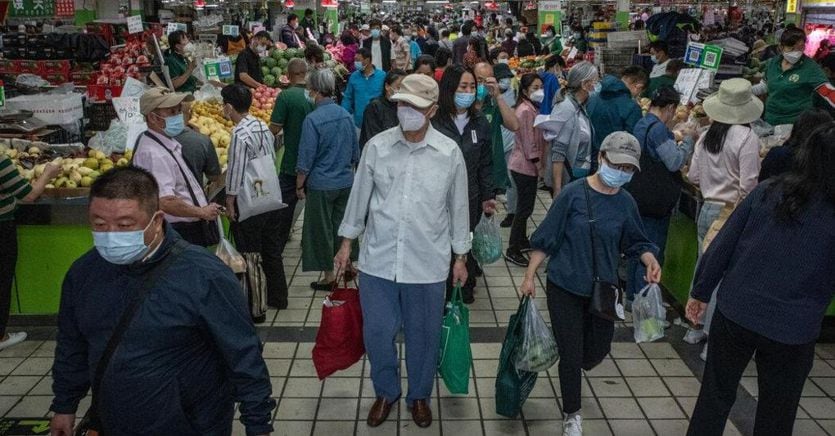The effects of the reversal of course
Not only. The end of the quarantine coincided with the knock-on effects of the collapse of the real estate sector that began as early as 2021, a problem that Beijing is trying to stem day after day with robust aid to the sector. In fact, 2022 is perhaps the year in which most of all China had to record a heavy gap between expected data and recorded data, 5.5% against 3%. That same resilience that led the economy to get back on its feet in 2021 with an excellent final performance, up to 8.1% in 2021.
The Chinese economy, on the other hand, slowed down towards the end of 2022, even to a slower pace than expected: the median estimate for 2022 was between 2.7% (recently updated by the World Bank) and 3.2% (IMF), but the last quarter has eliminated all hope of a recovery.
Plus, the specter of unemployment. Over the past 12 months, Beijing has created a total of 11.06 million new urban jobs, just barely meeting its 11 million target, while the urbanization rate at the end of 2022 increased to 65.22 percent. Investments in fixed assets rose by 5.1% (against hypotheses at +5%).
What a year of the rabbit 2023 will be
But the sentence is final. “The foundations of the recovery are not solid as the global situation is still complicated and serious, while the triple domestic pressure of the demand contraction, the supply shock and the weakening of expectations is still looming”, admitted the same National Office of statistics.
The year of the Rabbit – in general a symbol of balance and optimism – is complicated for the new Chinese leaders ready to announce the growth targets for 2023 in March, on the occasion of the Parliament Plenary, with a new prime minister, the former secretary of the Shanghai party, Li Qiang, intended to replace Li Keqiang, sat in the saddle for eight long years.
